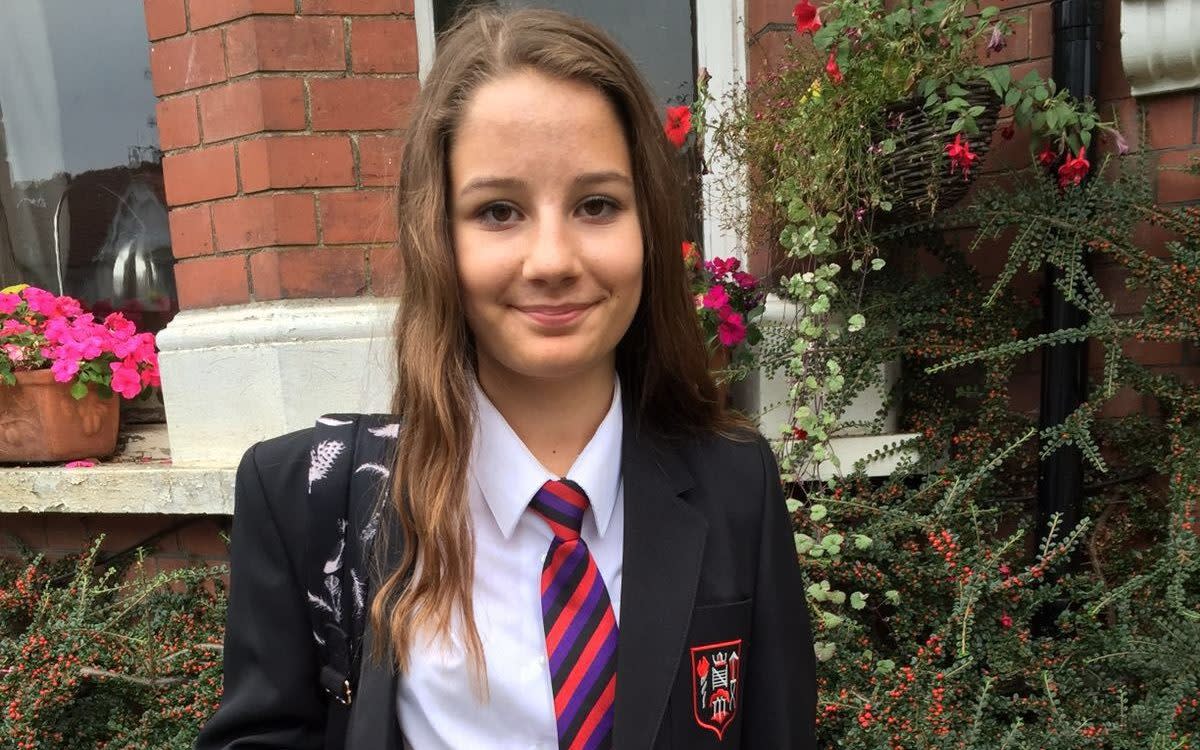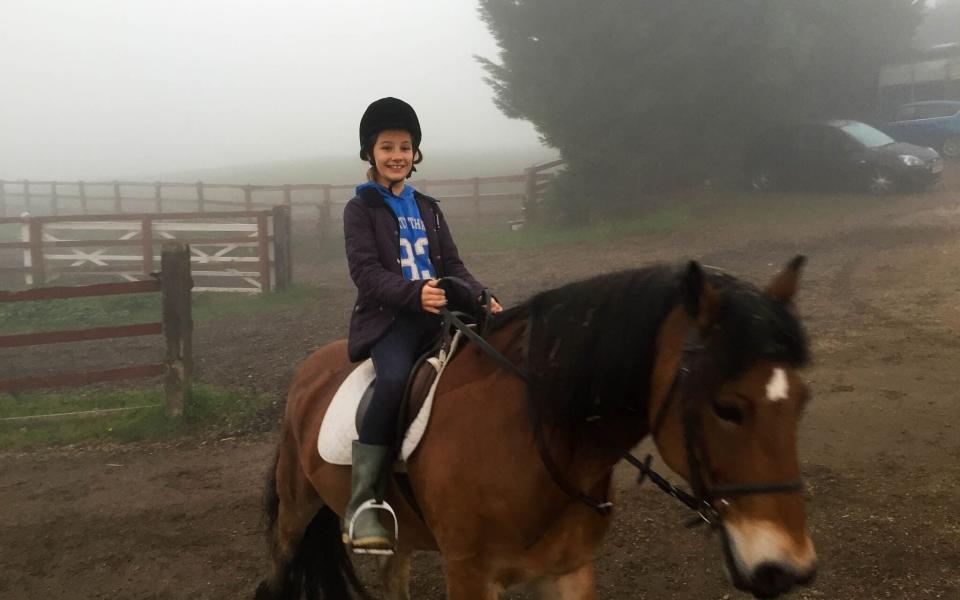Instagram hands over 10,000 pages of 'dreadful' evidence from Molly Russell's account, ahead of inquest

Facebook has handed over 10,000 pages of ‘dreadful’ material from Molly Russell’s Instagram account ahead of an inquest into the schoolgirl’s death, as lawyers said it was difficult for even adults to look at.
The legal team for the 14-year-old’s family, who was found dead at her home in 2017, said they received the evidence just the night before they were due to update the coroner on whether tech giants were complying with legal orders to release data from Molly’s accounts.
At a hearing at Barnet Coroner’s Court Friday, Senior Coroner Andrew Walker was told that both Snapchat and Twitter had not yet handed over the evidence requested.
The developments come after Mr Walker made a series of legal orders on four tech companies to disclose information about what Molly was looking at on their apps leading up to her death.
Following her death, Molly’s father, Ian, accused Instagram and other social media platforms of ‘helping to kill’ his daughter after learning she had been looking at suicide and self-harm material online.

In December, Mr Walker made orders for data from Molly’s Instagram, WhatsApp, Snapchat, Pinterest and Twitter accounts, saying it is needed to establish whether the “accumulated effect” of the material the teenager was viewing had “overwhelmed” her.
Previously, Mr Walker has been told the family are concerned the “combined effect” of the matierial Molly was viewing online made suicide appear a more “normalised and acceptable option” to her.
Oliver Sanders QC, the barrister representing the Russell family, said his team had not had time to go through the 10,000 pages from Facebook, which owns Instagram, properly before the hearing.
He said they had noted some elements had been redacted by Facebook, which the family may wish to challenge before the inquest.
Mr Sanders added: “We haven't been able to review it all yet, some of it is pretty dreadful and it is not something that can be reviewed in a long sitting and certainly not late at night."
The court heard that WhatsApp had submitted a witness statement saying Molly’s account had been deleted and its messages could not be retrieved.
Mr Sanders said that despite this police investigators had managed to retrieve some messages from the messaging app on Molly’s phone.

The Metropolitan Police took the unusual step last year of offering to investigate Molly’s iPhone and iPod for the inquest after Apple said it was unable to unlock the devices due to their encryption policies.
Yesterday, Mr Walker was told that Snapchat had declined to release any data, saying they could only do so if an order was made by a US judge.
Twitter, which like Facebook has its European headquarters in Ireland, told the Russell family’s lawyers it was struggling to release any information from Molly’s account due to GDPR regulations.
Commenting on Twitter’s position, Mr Sanders said: “Our argument is that as Pinterest and Instagram have done their (disclosures) through GDPR so it should be possible (for Twitter) to give us access to that material”.
Pinterest, which was the first app to have a disclosure order made on it by the coroner, has already supplied thousands of pages of evidence.
The inquest is set to look at not just what material Molly was looking at and the impact on her, but also what material the algorithms of the social media apps pushed towards her.
Mr Walker added: “There is a question as to whether this material should be available in any way and should be restricted, which seems to me would require a change in legislation to put that into force.”

